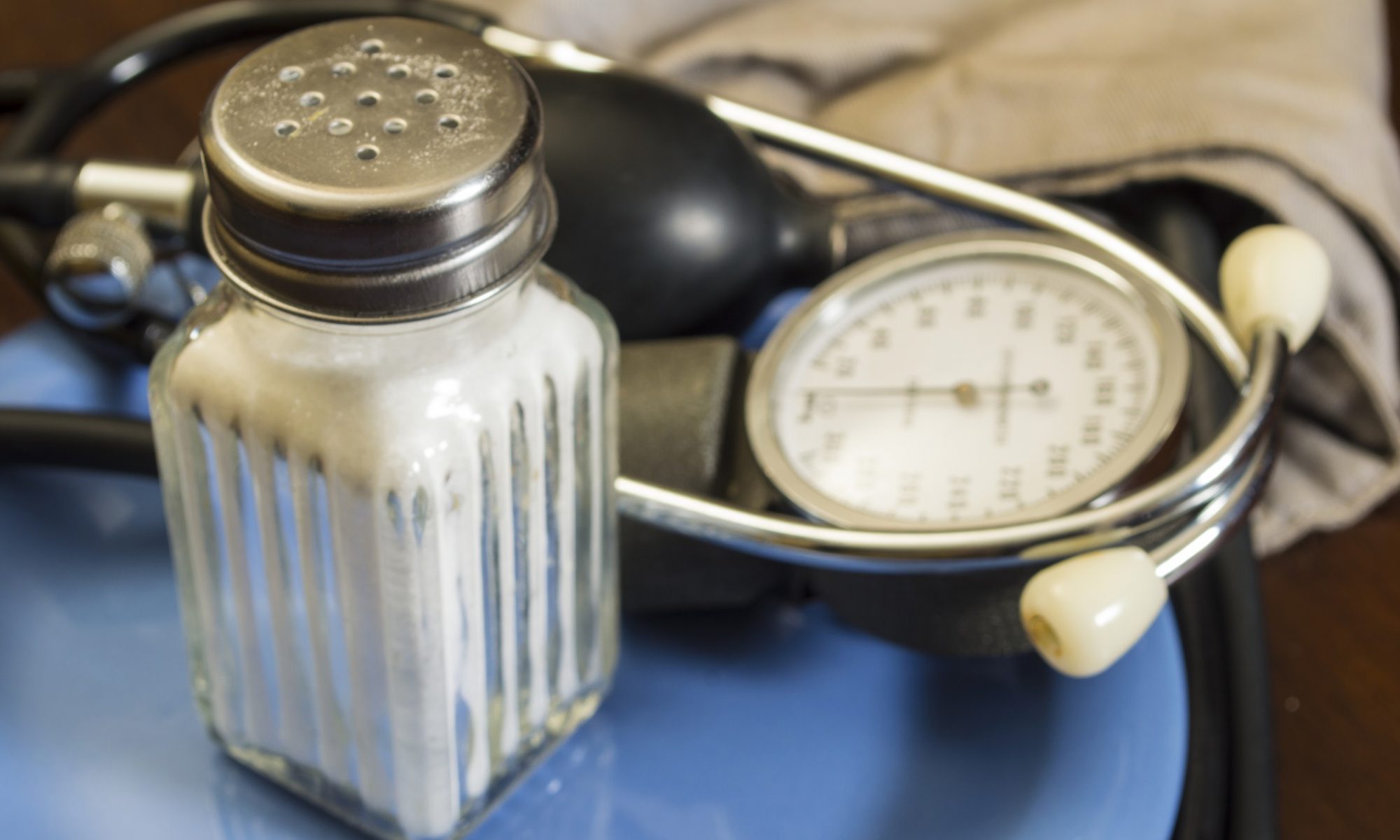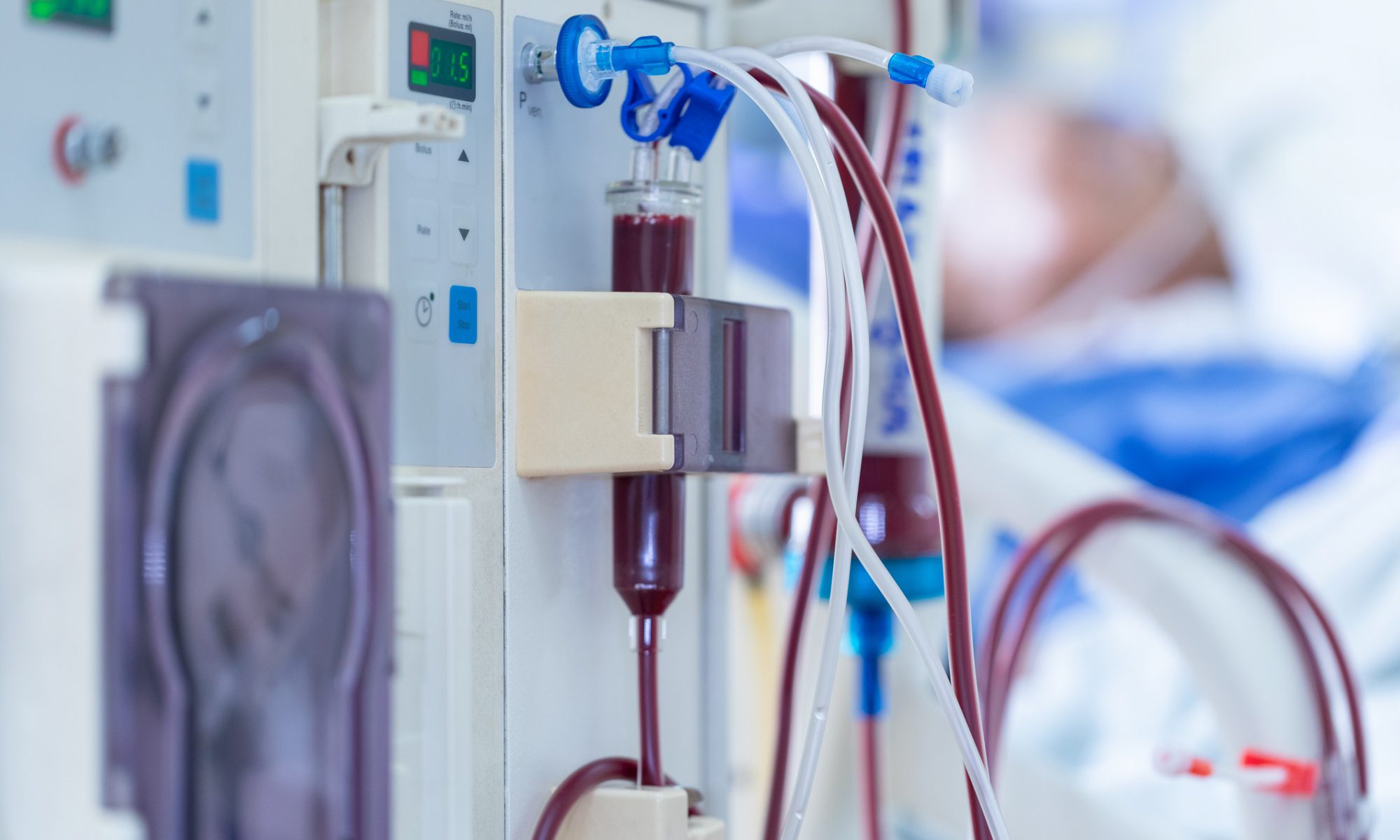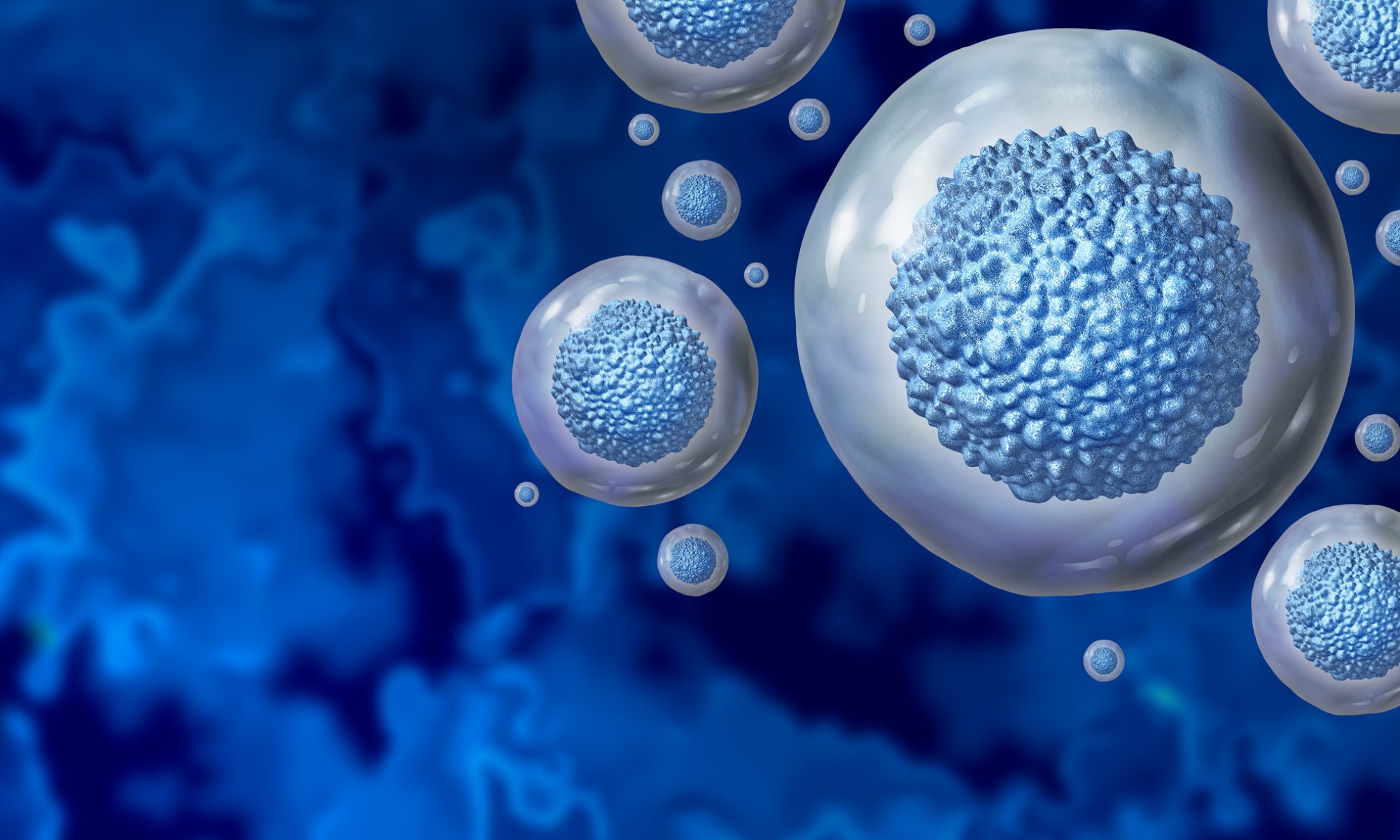Transplant nephrologist was perfect match for patient-turned-friend.
It’s rare that a transplant nephrologist becomes a kidney donor — but that’s exactly what happened to Dr. Aji Djamali last month.
Not long into his journey to becoming a nephrologist and surgeon, Djamali knew he wanted to donate his kidney. With the rare blood type B, he knew he could make an ideal match for a patient one day. Read or watch the story from ABC News here.








